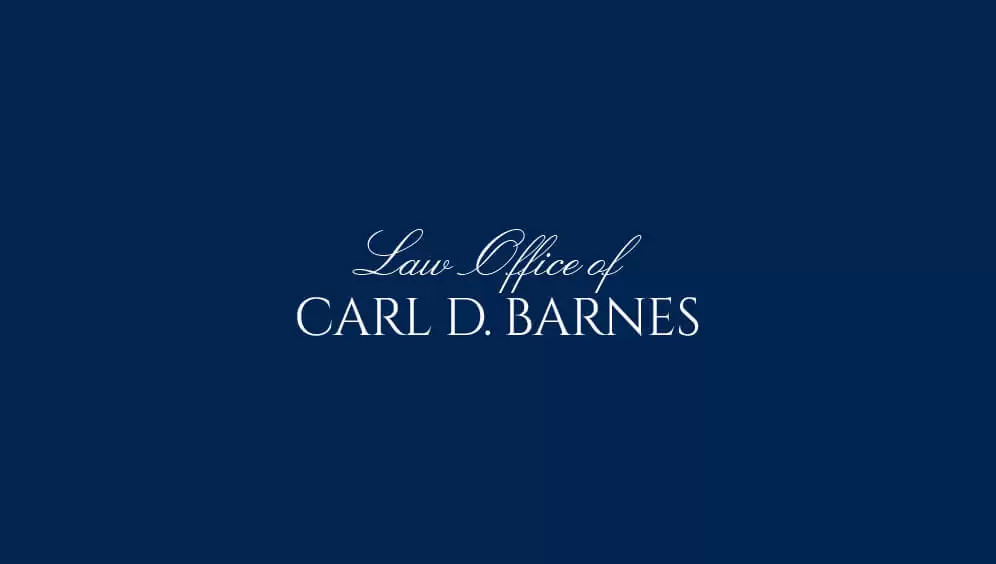Free Consultations
What makes a manufacturer not liable for a defective product?

In general, if a product has a defect, the manufacturer is liable for any injuries that occur to you when using the product. However, product defect law is not completely black and white.
Every injury you sustain from using a product does not immediately entitle you to collect damages from the manufacturer. California Legislative Information explains there are a few exceptions to product liability that could mean the manufacturer is not responsible for the injuries you sustain.
Two prong rule
The law gives two specific criteria for a situation where the manufacturer holds no liability. First, the product must be consumable. Second, it must be known to be inherently unsafe. In other words, by using it, you know there are potential negative health effects.
Examples
Two good examples of items that meet these criteria are tobacco and sugar. The risk of using tobacco is well known. Anyone who smokes understands he or she is at higher risk of a variety of health conditions. This is a risk he or she takes on when using the product, and the manufacturer is not liable if the person does develop a health condition as a result of using the tobacco product.
Sugar can lead to health issues as well. Excessive use and even general regular use can cause some health conditions or aggravate health conditions. The law says a manufacturer is not liable when you use this product because you know the risks.
Sometimes, consumers have to be held liable for their own decisions. The two-prong rule under California law helps to protect manufacturers from needless lawsuits where the consumer was well aware of the potential for injury.

2500 East Colorado Boulevard
Suite 350 Pasadena, CA 91107
Pasadena Law Office Map

